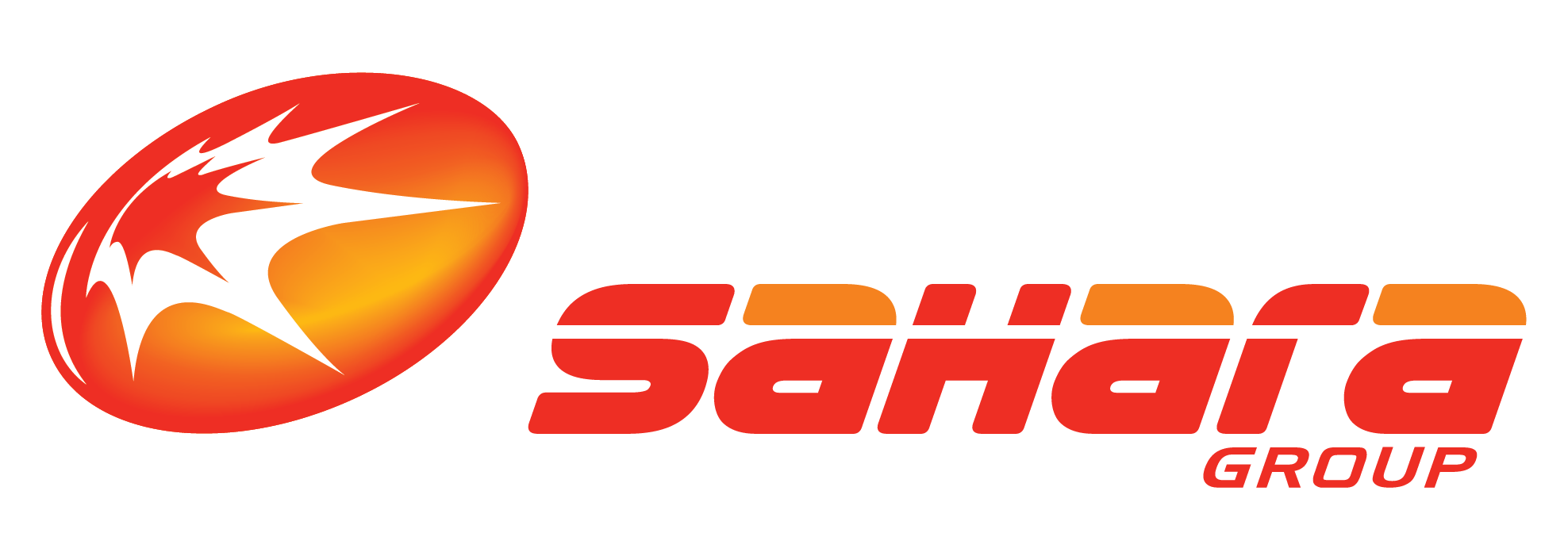Business
Asia stocks reach three-year peak

SYDNEY – Asian shares touched fresh three-year highs on Tuesday as investors in the region drew encouragement from a rally in Chinese markets, though caution was warranted given the torrent of U.S. economic news still to come this week.
Hong Kong’s key stock index rose 0.5 percent to its loftiest level in over 3-1/2 years on optimism that the economy has turned a corner and as investors wagered on more growth-friendly policies from Beijing.
The charge had been led by Chinese banks after a Reuters report said the country’s fifth-biggest bank by assets planned to seek more private investors.
The CSI300 of the leading Shanghai and Shenzhen A-shares added 0.5 percent, bringing its gains to almost 8 percent in seven sessions.
“The recent rally of Hong Kong and China stock markets is pretty much liquidity-driven due to favourable fund flow. And fund flow is maybe because the two markets remain relatively lagging behind in terms of the valuation and performance,” said Ben Kwong, director at KGI Asia in Hong Kong.
MSCI’s broadest index of Asia-Pacific shares outside Japan added 0.33 percent to be just a whisker from a peak last touched in April 2011. Likewise, South Korea’s index gained 0.7 percent to its highest since mid-2011.
Japan’s Nikkei rose 0.4 percent to a six-month high as investors focused on the positive in mixed economic news.
While household spending and retail sales underwhelmed, the availability of jobs in Japan rose to the highest in 22 years in an upbeat omen for wages and the government’s aim of reflating the economy.
Nissan rose 3 percent after the automaker’s April-June operating profit rose a higher-than-expected 13.4 percent.
In Europe, financial spreadbetters expected opening gains of 0.1 to 0.2 percent for the FTSE 100 <.FTSE >, DAX and CAC 40.
EURO ON DEFENSIVE
Wall Street had been more restrained as the major indices approached daunting chart barriers. The Dow had ended Monday up 0.1 percent, while the S&P 500 gained a bare 0.03 percent, and the Nasdaq lost 0.1 percent.
Action was also lacking in currencies. The dollar held close to a six-month peak against a basket of its peers, having gone virtually nowhere as investors kept to the sidelines ahead of a policy review by the Federal Reserve.
The Fed is sure to cut its monthly bond-buying program by another $10 billion as it looks to wind up the scheme later in the year, but the focus for markets is on any clues to the timing of its first interest rate hike.
With other key data such as U.S. gross domestic product and the closely watched non-farm payrolls report still to come, investors were content to sit on their hands.
The euro was pinned near an eight-month trough of $1.3421 set on Friday. It traded at $1.3432, having shuffled between $1.3430 and $1.3440.
Against the yen, the dollar edged up to 101.96, while the common currency barely budged at 136.93.
In commodities, gold was idling at $1,304.79 after a very quiet 24 hours saw it hold to an $8 range.
Oil prices dipped as signs of excess supplies of North Sea and West African crude and weak demand in Europe and Asia offset fears of escalating tensions in Ukraine and the Middle East.
September Brent lost 4 cents to $107.53 a barrel, while U.S. crude futures eased 26 cents to $101.41.
– REUTERS
Business
CSOs Urge Further Reduction Of Pump Prices Of Petrol
Following the marginal reduction of the pump prices of premium motor spirit (PMS) by the Dangote Petroleum Refinery and the Nigerian National Petrol Company Limited (NNPC Ltd), civil society groups have reacted by calling for further downward review.
Recall that the Dangote Petroleum Refinery had announced a partnership with MRS Oil and Gas to offer petrol at N935 per litre at retail outlets, while it reviewed the ex-depot price from N970 to N899.50 per litre.
The move, saw state oil major, the Nigeria National Petroleum Company peg its retail prices at N965/litre.
ALSO READ: Dangote Partnership: MRS Urges Nigerians To Insist On N935/Litre Petrol Price Nationwide
However, the civil society groups are of the opinion that the price reduction, fall short of expectations.
According to the Chairman, Centre for Accountability and Open Leadership, Debo Adeniran, the reduced price of N935/litre was still expensive and unsatisfactory.
He pointed out that petrol was just one of the products coming out of crude and that both government and private business could still give out free petrol to citizens while making huge profits from the other products.
In his words, “Well, we believe that if NNPC and the private sector actually give out PMS for free, they will still not run their business at a loss, because the other derivatives of petroleum products can still serve them, and can still make them to break even. So, even at that N900 and something, it’s still expensive.
“Dangote has kind of mooted the idea that it could drop to as low as N650. And if he has mulled this, then it means that it is the state, it is the NNPC that will have been the clog in the wheel of such progress. And you know also that we expected that fuel prices, especially PMS prices, will drop below N200 when Dangote was expected to come on stream.
“So, it’s unfortunate that we are still talking about over N900 and they want us to jump up and rejoice for that. That is not satisfactory. They should just let us see the breakdown of their production cost and why it’s still there. I mean, there are countries like Libya under Gaddafi that gave out PMS for free and they didn’t run anything at any loss. So, I believe that it can still go further down.”
On his part, the Executive Director of the Civil Society Legislative Advocacy Centre, Ibrahim Rafsanjani, commended the reduction of fuel prices by the NNPC and Dangote, but said the government could still reduce the price.
“Dangote’s own is about N899 or something like that. Well first and foremost, we are happy that there is a little reduction in the prices. But also based on analysis and based on facts and evidences, we believe that it is possible for the Nigerian government to further reduce the prices.
“Because if a private company can reduce the price and it still makes profit, we wonder why government-owned enterprises cannot really pity its citizens,” he said.
Business
Non-Oil Sector Fuels Nigeria’s Q3 2024 GDP Growth, Says CBN

The Central Bank of Nigeria (CBN) has announced a significant growth in the country’s economy, with a 3.46% increase in gross domestic product (GDP) in the third quarter of 2024.
This marks the third consecutive quarter of expansion, up from 3.19% in Q2 2024 and 2.54% in Q3 2023.
According to the newly published Q3 economic report, Nigeria’s GDP output rose to ₦20.115 trillion, reflecting a notable improvement from ₦18.285 trillion in the previous quarter.
READ MORE: Tragic Funfair Crush In Ibadan Claims Children&’s Lives
The CBN attributed this growth primarily to the performance of the non-oil sector, which grew by 3.37% compared to 2.80% in Q2 2024.
The report highlighted transportation, crop production, and other sub-sectors such as financial & insurance services, information & communication, trade, and real estate as major contributors to the expansion.
The non-oil sector accounted for 3.18 percentage points of the total growth rate.
“The expansion of the non-oil sector was driven by the performance of the financial & insurance, information & communication, crop production, trade, transportation & storage, and real estate sub-sectors,” the report stated.
Despite the economic growth, challenges persist. Inflation, particularly in food prices, remains a significant concern, standing at 39.93% as of November 2024.
Rising food and energy costs have also impacted transportation expenses, with intercity bus fares increasing by 20.23% year-on-year to ₦7,117.17 in July 2024, according to the National Bureau of Statistics.
Furthermore, the cost of petroleum, now exceeding ₦1,000 per litre, has driven up logistics and transportation expenses, adding pressure to households and businesses alike.
The CBN acknowledged these challenges, noting that the growth was achieved despite headwinds such as high inflation and rising operational costs.
Enhanced security measures in the Niger Delta have boosted domestic crude oil production, while restrictive monetary policies have helped moderate inflation in some areas.
“The growth recorded in the country is a result of continued efforts to improve the business environment, streamline cumbersome business processes, and deepen the quality of business infrastructure,” the CBN noted.
However, the report comes amid concerns over businesses exiting Nigeria due to persistent economic challenges.
Business
CSR: Asharami Synergy Donates Furniture To Gaskiya Junior School

Asharami Synergy, a leading downstream energy solutions provider, has demonstrated its commitment to community development and education by donating essential furniture to Gaskiya Junior School in Ijora, Lagos, Nigeria.
Biztellers reports that the social responsibility initiative was executed in collaboration with Sahara Group Foundation – the social impact vehicle of global energy conglomerate, Sahara Group.
It was gathered that the initiative is part of Asharami Synergy’s ongoing efforts to support education in communities.
The donation includes classroom desks and chairs for the JSS1 classes.
ALSO READ: NCDMB Rewards Winners Of 2024 Edition National Undergraduate Essay Competition
CEO of Asharami Synergy, Nomnso Dike, said the project will create a more comfortable and functional learning environment and enhance student performance.
“We are delighted at the opportunity to support the attainment of Sustainable Development Goal (SDG) 4, which focuses on ensuring inclusive and equitable quality education. It has been a privilege to collaborate with the management and students of Gaskiya Junior School to deliver this project, and we look forward to future opportunities to enhance academic performance in this historic institution,” Dike said.
According to him, Asharami Synergy’s education-focused social impact initiatives have benefitted over 10,000 individuals. They focus on building capacity and providing the resources necessary to help students learn and grow sustainably.
“Education is the foundation of a brighter future, and at Asharami Synergy, we believe that every child deserves a learning environment that inspires and empowers them” he noted, adding, “This donation is not just about providing furniture; it’s a reminder to the students that their dreams are valid, and we are committed to helping them achieve their goals.”
Vice Principal Academic of Gaskiya Junior School, Sola Oladokun, commended Asharami Synergy for the donation, noting that it would inspire students to perform better with “increased concentration and fewer distractions”.
“These desks and chairs are a game-changer for our students. It’s heartwarming to see their excitement, and as teachers, we are equally thrilled because this will make teaching and learning more effective. We are incredibly grateful to Asharami Synergy and Sahara Group Foundation for this thoughtful intervention,” she added.
Two representatives of the students, Akin Moses and Chukwudi Gift, at the event said the donation would increase their “desire to dream bigger and concentrate better during lessons”.
Also speaking at the commissioning, COO at Asharami Synergy, Adekanmi Adesola, said, “What started as an opportunity to support the communities that host our operations has now come full circle. This donation directly impacts the lives of these students, and we are proud to bring smiles to the faces of the students and teachers.”













